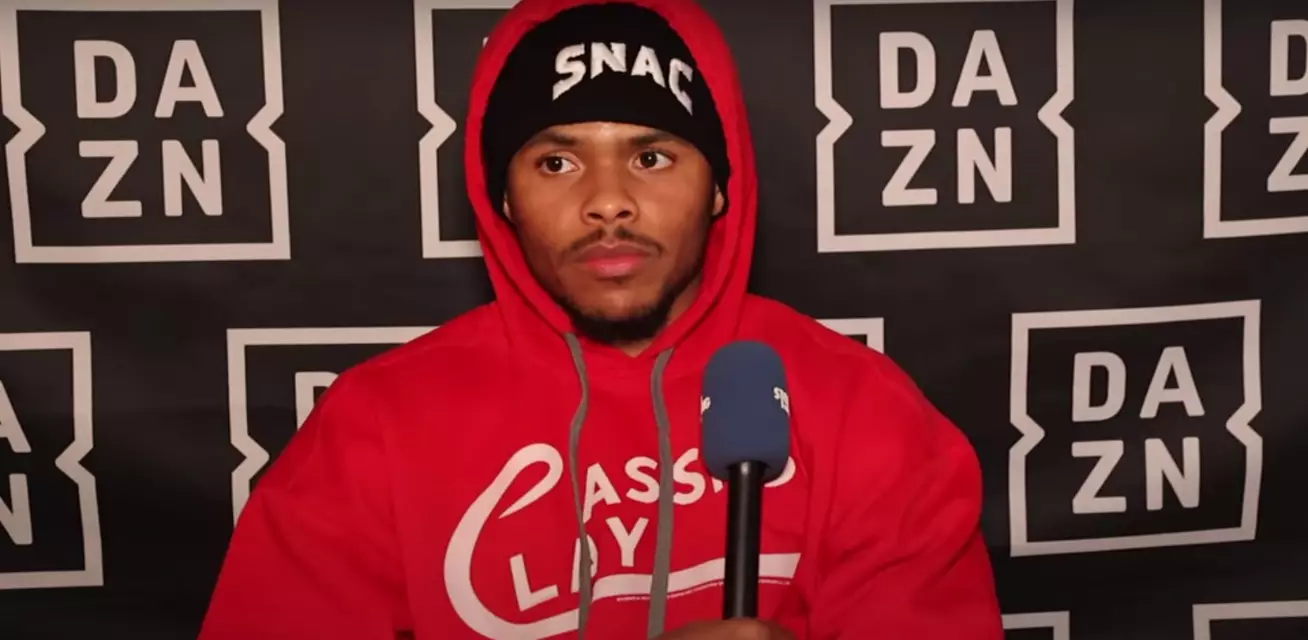Shakur Stevenson, the reigning WBC lightweight champion, is facing unexpected hurdles ahead of his anticipated title defense. Initially scheduled to face Floyd Schofield, the bout has been thrown into disarray due to Schofield’s illness. As a result, Stevenson’s team is now scrambling to find a suitable replacement to fight on DAZN’s pay-per-view event on Saturday. The two names currently in the running—Josh Padley and Moussa Gholam—raise serious questions about the quality of this matchup. Both fighters are relatively unknown and lack the credentials needed for a title fight, undermining the integrity of the championship.
The potential fights against Padley or Gholam signal a troubling trend in boxing. A title defense against either of these opponents risks jeopardizing not only Stevenson’s reputation but also the legitimacy of his title. It’s concerning that the lightweight division, known for its competitive nature, may witness the champion engaging in a matchup that many fans might consider beneath the standard expected of a title fight. This situation poses a dilemma: Would Stevenson be putting his WBC belt on the line against subpar challengers, thereby diluting the significance of his championship reign? It’s essential for the sport that title defenses maintain a level of prestige, and fighting unknowns detracts from that.
Some commentators view this situation as a form of poetic justice for Stevenson, who opted to fight Schofield—an untested prospect—over more seasoned opponents like Andy Cruz or Edwin De Los Santos. This decision raises critical inquiries about Stevenson’s management and strategy. By selecting a less formidable foe, they risk becoming a laughingstock if he fails to secure a fight that would bolster his status further. If Stevenson proceeds with fights against Padley or Gholam, it could severely impact promotional opportunities for a future showdown with Gervonta Davis—an encounter that many fans eagerly anticipate.
Strategic Implications for Future Bouts
From a management perspective, there’s a tangible urgency for Steveson’s promoter, Eddie Hearn, to reconsider his approach to matchups. If Stevenson’s aim is to ultimately face Davis, it’s imperative that he builds a fighting resume featuring credible and challenging opponents. Cruz, being ranked third by the WBC, presents not only a logical choice but also a more compelling narrative that could elevate Stevenson’s public persona. Failure to secure quality opponents could leave the champion in a precarious situation, as a loss against anyone outside the elite ranks could derail the carefully constructed plans to face a fighter like Davis.
As Stevenson navigates through this unexpected turn of events, it becomes evident that strategic decision-making will be crucial for his career trajectory. With the threat of an inconsequential title defense on the horizon, he needs to reevaluate his options carefully. The boxing community will be watching closely, and the decisions made in the coming days could very well shape Stevenson’s legacy within the sport. Ultimately, the distinction of being a champion is measured by the caliber of opponents faced, and Stevenson’s future in boxing hinges on making the right choices moving forward.

